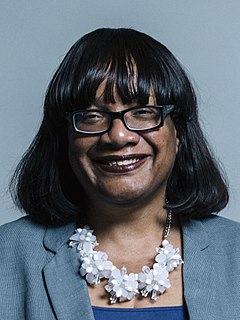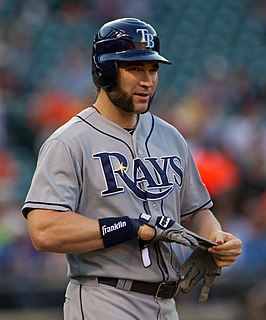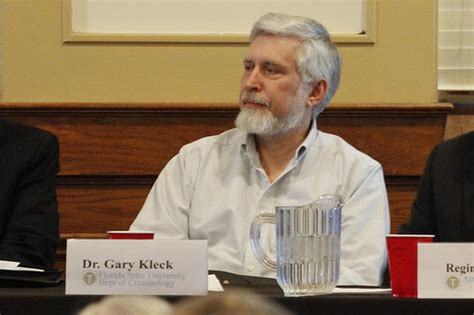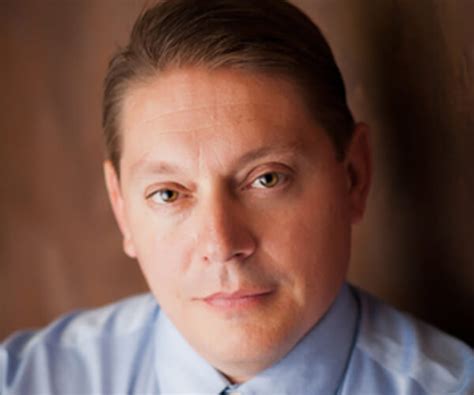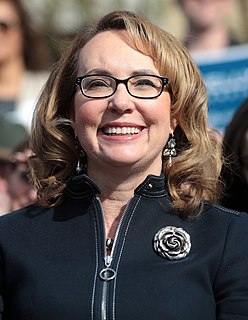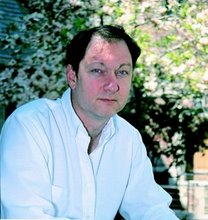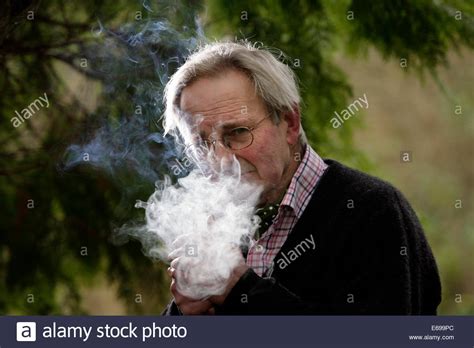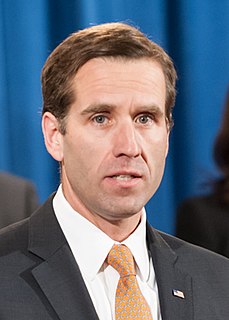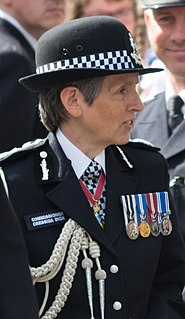A Quote by Diane Abbott
My London constituency in Hackney has one of the highest levels of gun crime in the country. But the problem is no longer confined to inner city areas. Gun crime has spread to communities all over Britain.
Related Quotes
Probably fewer than 2% of handguns and well under 1% of all guns will ever be involved in a violent crime. Thus, the problem of criminal gun violence is concentrated within a very small subset of gun owners, indicating that gun control aimed at the general population faces a serious needle-in-the-haystack problem.
In theory, if a gun is left at the scene of a crime, licensing and registration will allow a gun to be traced back to its owner. But, amazingly, despite police spending tens of thousands of man-hours administering these laws ... there is not even a single case where the laws have been instrumental in identifying someone who has committed a crime.
The biggest hypocrites on gun control are those who live in upscale developments with armed security guards - and who want to keep other people from having guns to defend themselves. But what about lower-income people living in high-crime, inner city neighborhoods? Should such people be kept unarmed and helpless, so that limousine liberals can 'make a statement' by adding to the thousands of gun laws already on the books?
The media insist that crime is the major concern of the American public today. In this connection they generally push the point that a disarmed society would be a crime-free society. They will not accept the truth that if you take all the guns off the street you still will have a crime problem, whereas if you take the criminals off the street you cannot have a gun problem.
Today the crime novelist has one advantage denied to writers of 'straight' or 'literary' novels. Unlike them he can range over all levels of society, for crime can easily breach the barriers that exist in our stratified society. Because of these barriers the modern literary novel, unlike its 19th-century predecessors, is often confined to the horizontal, dealing only with one class. But crime runs through society from top to bottom, and so the crime novelist can present a fuller picture of the way we live now.
If gun laws in fact worked, the sponsors of this type of legislation should have no difficulty drawing upon long lists of examples of criminal acts reduced by such legislation. That they cannot do so after a century and a half of trying - that they must sweep under the rug the southern attempts at gun control in the 1870-1910 period, the northeastern attempts in the 1920-1939 period, the attempts at both Federal and State levels in 1965-1976 - establishes the repeated, complete and inevitable failure of gun laws to control serious crime.
